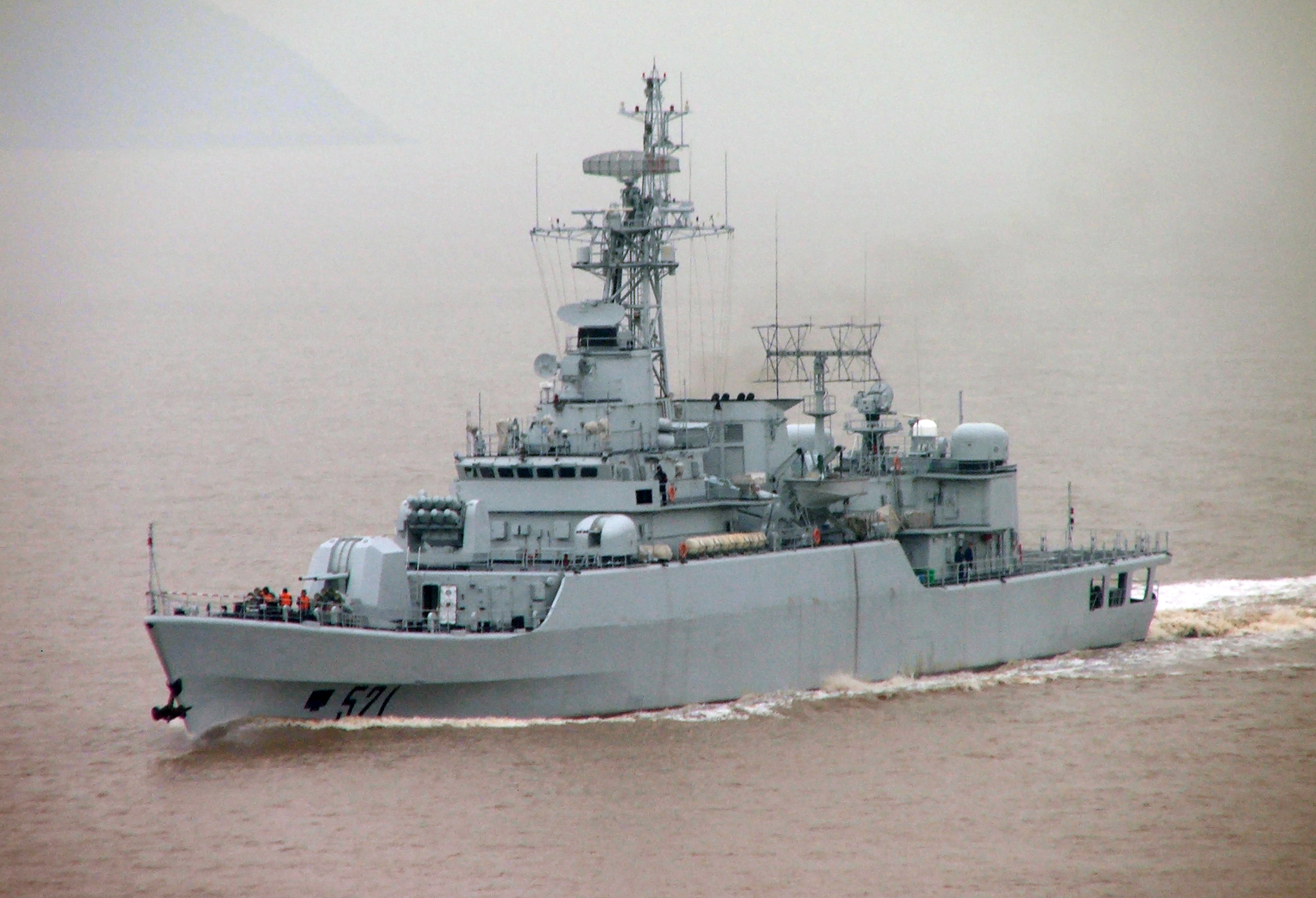By: Jason Naselli from the Atlantic Community – Berlin.
At Issue: The European Union must reach out to Asian partners and become a credible player on issues other than trade. A strong EU-Asia policy can contribute to stability and advance Europe’s overall political, economic, and security interests.
Atlantic Community members and regional experts believe that the European Union must make a greater effort to strengthen its political and diplomatic ties with Asian nations and regional organizations. The Asia-Pacific region holds some of Europe’s biggest trading partners and represents a major theater of world politics in the coming decades. EU President Herman Van Rompuy recently declared that Europe must “continue deepening economic relationships” in the region, but Atlantic Community members and a panel of regional experts argue that Europe’s engagement in Asia must go further.
While there was consensus that engagement in the Asia-Pacific by either Europe or the United States will not damage the transatlantic relationship, the EU must follow the recent US pivot and develop a strong Asia policy as well, both for the economic sake of its member nations and as an agent of stability in the region. As the potential for conflict over issues like the South China Sea rises, memo contributors believe the European Union can play a major role in securing a peaceful Asia. Such stability will be vital to the economic and strategic interests of both Europe and the United States.
Atlantic Community members and experts agree that these ambitious goals can only be achieved through a united EU foreign policy, not a mixture of different policies from member states. Therefore, a coordinated, coherent foreign policy for the EU will be needed to implement the following recommendations.

1. Make a firm commitment to attend key Asian summits.
No progress can be made in Asia until the EU is recognized as an important regional partner similar to the United States and Russia. Asian leaders saw the EU’s absence from this year’s ASEAN Regional Forum (ARF) as a sign that Europe is not serious about the region (Islam). To emphasize that this has changed, the EU must press strongly to be invited to both the East Asia Summit and the Asia-Pacific Economic Cooperation (APEC) meetings.
Making a commitment to attend the ARF every year is an important first step towards signaling an increased interest (van der Putten) but the EU must also reach out to business leaders, academics, and other non-state actors in the region to deepen its credibility (Islam). To increase its case for membership, the EU should also seek out diplomatic and cultural exchange partners to prove it views Asia as more than just a market (Cameron).
2. Work with the United States to ensure good relations with China.
Perhaps the most important contribution the European Union can make to the Asia-Pacific region is in helping to diffuse tensions between the US and China. Beijing perceives Europe as a global economic power but not as having hegemonic ambitions, so the EU can significantly ease tensions in the region by offering to partner with the US in efforts like Free Trade Agreements to reassure China that they are not US power plays (Becker). Taking an active role as a union in the shaping of trade policy will also prevent member states from being split by having to choose among competing US and Chinese frameworks (Odegaard).
3. Establish more bilateral ties with major states in the region.
The current EU engagement with Asia focuses almost exclusively on ties with regional organizations to the detriment of relations with individual states. The EU must signal to key economic players like Japan, India, and Indonesia that it considers them important enough to construct bilateral ties and watch that individual member states do not jeopardize these important relationships with combative trade policies. Such partnerships will greatly benefit the EU’s standing and its ability to garner support and build consensus in the region (Camroux). The EU should also strive for more bilateral trade agreements to create economic allies in the region (Ogden).
4. Support the US by assuming more responsibility in Europe’s neighborhood.
Credible European security commitments to neighboring areas provide the US with “strategic depth” to tackle potential challenges in Asia (Becker). The US and the EU have common security interests in the Asia-Pacific, and while Europe will not provide much direct support that far from home, it can free up US resources by assuming a primary responsibility for local flashpoints like the Balkans and Mediterranean. Such cooperation would also be a powerful example of US-EU ties and increase their bargaining power in the region (Ogden).
Disclaimer: Any views or opinions expressed in this article are solely those of the authors and the news agencies and do not necessarily represent those of the NATO Council of Canada. This article is published for information purposes only.


